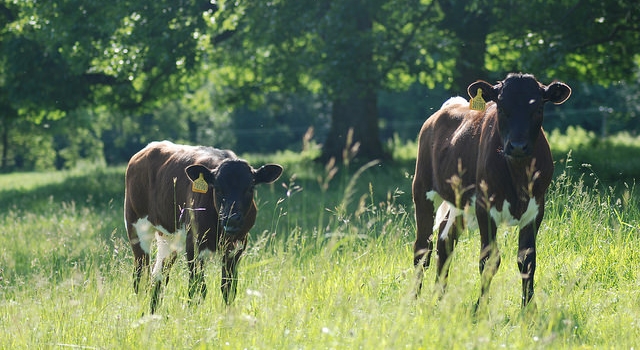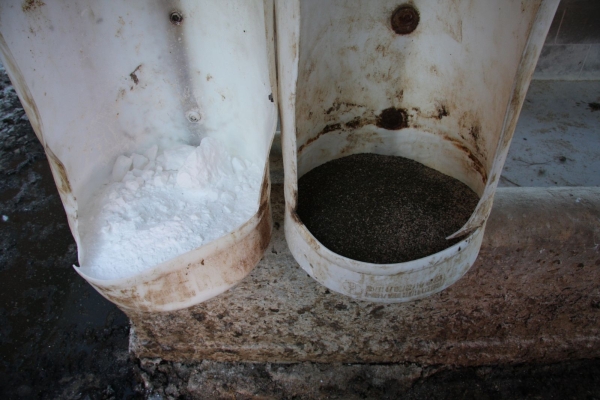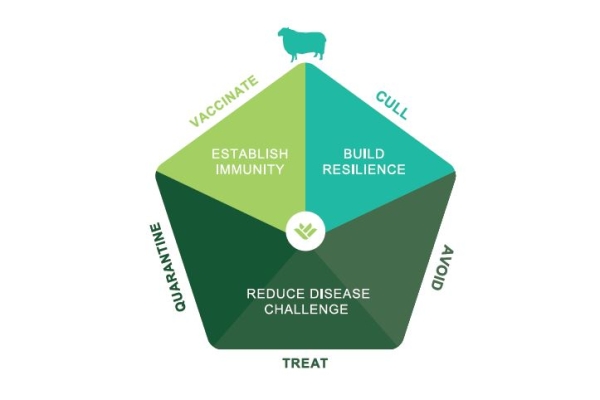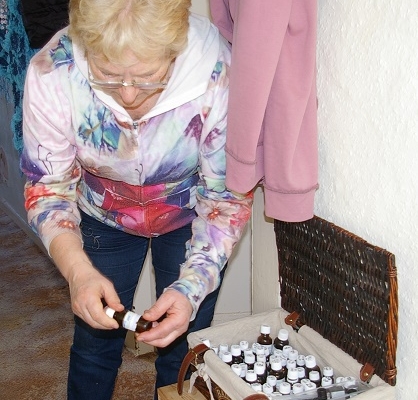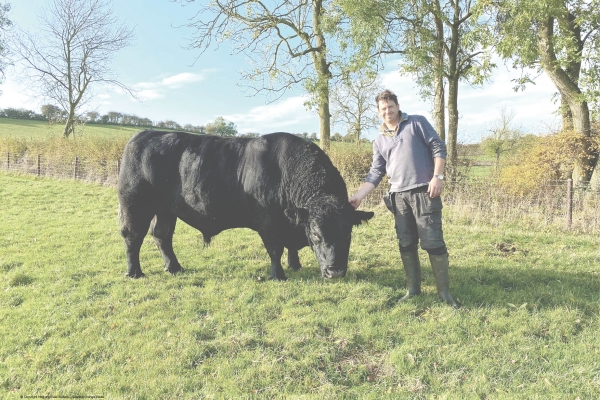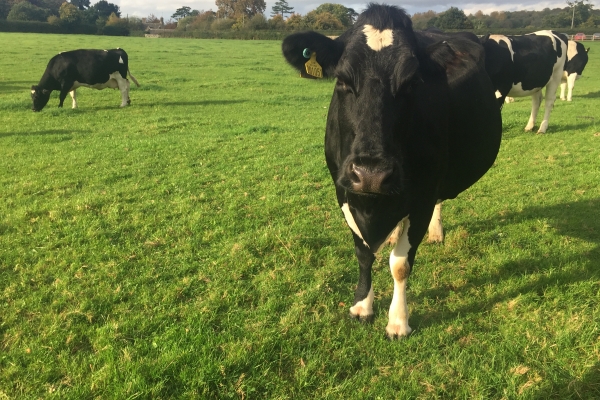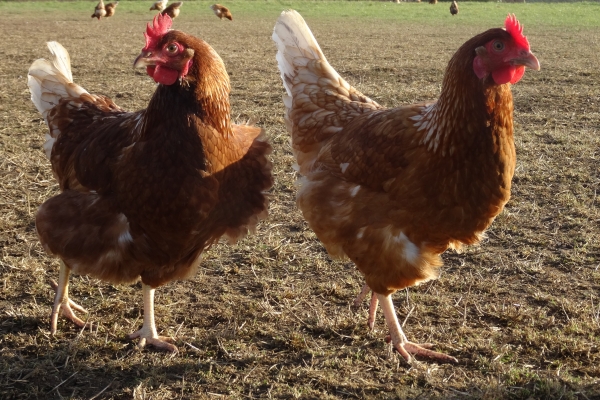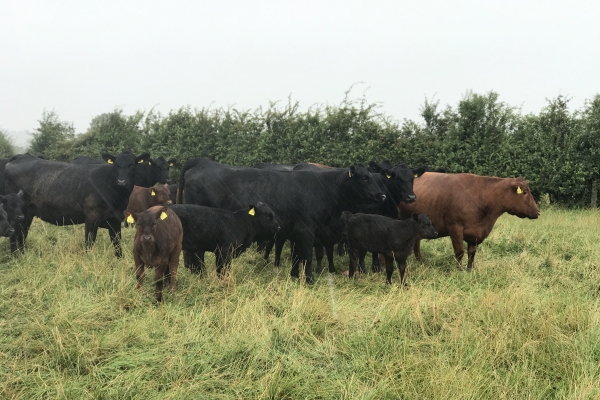FarmHealthOnline.com
Welcome to Farm Health Online
Resource explained
Animal health and welfare on farms can be achieved by overall management and by adopting specific practices. Taking preventative measures in feeding, keeping and breeding to ensure animal health and safety is an approach all farming systems can benefit from. This knowledge hub (which replaces the Organic Vet site) provides information on sustainable approaches to enhancing the health and welfare of farmed livestock. Managed by Duchy College Rural Business School, information taken from research and advisory sources is summarised into easily accessible information for farmers, veterinarians and advisors. Scientific knowledge is converted into practical advice and information to help decision-making and enable proactive animal health and welfare planning. From the home page you can access sections on disease management and health and welfare (which are divided into cattle, sheep, pig and poultry), and a section answering key contemporary veterinary questions. All content is fully referenced, with reference lists included throughout.
Findings & recommendations
- The information is based on a set of sustainable livestock principles that are clearly stated on the site.
- ‘Disease management’ is divided into species-specific sections. The diseases are catalogued in a disease index. Information on each disease includes a description of the condition, control and prevention, treatment, good practice, and a list of relevant references with links to additional resources.
- The ‘Health and Welfare’ section includes information defining what animal welfare is and the general principles adopted by the World Organisation for Animal Health. There are links to the species sections where you can find information on:
- Cattle: welfare assessment, housing, feeding, behaviour, ways to enrich the animal’s environment, breeds, managing the human-animal relationship, and calf rearing.
- Pigs: housing, nutrition, keeping them outdoors, breeds, the human-animal relationship, behaviour, piglet rearing, and welfare assessment.
- Poultry: housing, nutrition, flock health, outdoor ranging, natural behaviour, poultry breeds, the human-animal relationship, and welfare assessment.
- Sheep: Grazing, sheep behaviour, breeding and lambing, housing and handling, nutrition, breeds, sheepherding, and welfare assessment.
- ‘Veterinary Questions’ includes information on writing an animal health plan, the use of antibiotics, biosecurity, vaccination, assessing farm animal welfare and zoonoses (diseases that can transfer from animals to humans and vice versa).
